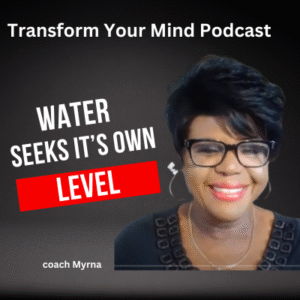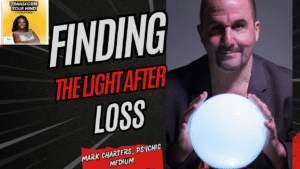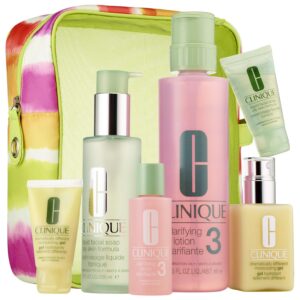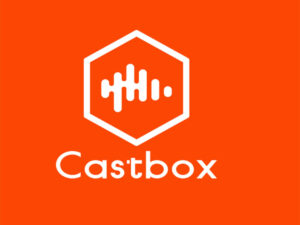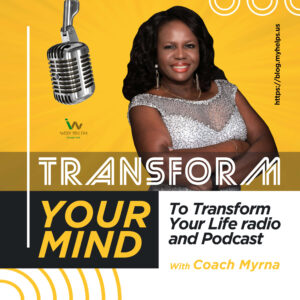Do you know that your core beliefs affect everything you do in life? Well it’s true. What you believe is how you show up in every circumstance in your life.
Listen to full interview here:
For example: Do you consistently find yourself in situations where men are trying to bully you or treat you less than you are worth? It may because of a, core belief, that started with how your father treated your mother or even you.
Introduction Core Beliefs
Your, core belief, could be that you are a victim and that belief keeps you trapped in that story.
The thing about a, core belief, is that it cannot be easily changed.
Here is a quote from Tony Robbins that explains the power of, core beliefs,:
“All personal breakthroughs begin with a change in, core beliefs. So how do we change? The most effective way is to get your brain to associate massive pain to the old belief. You must feel deep in your gut that not only has this, core belief cost you pain in the past, but it’s costing you in the present and, ultimately, can only bring you pain in the future. Then you must associate tremendous pleasure to the idea of adopting a new, empowering belief.”
We all have existing, core beliefs, in four areas:
- How we feel love,
- our self-worth,
- how we feel security, and
- fulfillment.
- Life after death.
Your, core beliefs, can’t be changed simply by throwing out an old one and adopting a new one, like changing your wardrobe. The change must come at the level of self-awareness to help you achieve any goal.
Examples of, Positive Core Beliefs
A, positive core belief, is pure and direct. It gives you a clear sense of who you are. It isn’t confused, conflicted, or compromised. Let’s take steps to make this the kind of, core belief, you are activating. Step one is to bring your, core beliefs, into awareness. The four key beliefs you want to activate are:
- I am loving and lovable.
- I am worthy.
- I am safe and trusting.
- I am fulfilled and whole.
The bible teaches that for God to answer prayer you must first believe and have faith that God is first able and willing to give you the desires of your heart; but there are ways to improve the chances that God will answer your prayer. A prayer is a special kind of intention or, core belief. Therefore, the rules that apply to the, Power of intentions, which are rules about consciousness, apply.
Your prayer will be answered, or not, depending on events happening out of sight – but not out of mind. The mind furnishes the mechanics of making any intention come true. An intention or prayer request, sent to God needs faith to rocket it to the heavens. An intention to graduate at the top of your class or to marry the man of your dreams takes focus, diligence and action. The bible also teaches “Faith Without Works Is Dead”.
Are you rejecting love because of your, core belief?
If you have not found love even after several tries, then you have to look deeply at what you are doing to push love away. Do you have a, core belief, that you are unlovable? How much pain is that belief causing you? It will take a lot of work; but you have to believe that God’s light shines in you and that you deserving of love and happiness.
Do you feel empty inside all the time even though you have all the outward symbols of success like a nice home, a loving husband, a good job, 2 kids and a dog? Then your, core belief, could be that you need to make a contribution to the world like Mother Theresa or like Nelson Mandela to feel fulfilled. You have to change that, core belief, that maybe your purpose is to support your children and help them to fulfill their purpose in the world. Sometimes our role in God’s kingdom is not to change the world but to change one person!
Here is A Self-Awareness Exercise to help you understand Your, Core Beliefs,
Look upon what’s happening now in your life as a reflection of your, core beliefs.
Are there any patterns you see? For example:
- Do all your relationships fail?
- Are you in constant debt?
- Do you find it hard to keep friends?
Listen to yourself. Once you figure it out, then turn it around. Ask yourself:
- What do I want?
- What would I have to believe in order to have this?
Next, you’re going to re-program yourself.
You may need the help of a coach like, Myrna Young, or mentor but; self-awareness is the key to changing your, core beliefs,

As Tony Robbins says, you must associate tremendous pleasure to your new, core belief, For example. See yourself in a loving and fulfilling relationship, going on dream vacations and having a wonderful life together and believe that you are a woman any man can love!
Additional resources:
https://positivepsychologyprogram.com/challenging-automatic-thoughts-positive-thoughts-worksheets/
Our Cognitive Bias: Construction Of The Self-Concept
Self-concept refers to how one perceives themselves, their past experiences, their abilities, their prospects for the future, and any other aspect of the self. Aaron Beck’s cognitive triad, discussed below, deals with self-concept and the construction of the self. The basic idea of how our self-concepts and cognitive biases affect our lives has to do with automatic thoughts.
For example, someone with a negative “self-referential schema” is more likely to take things personally, leading to automatic thoughts like “People are not talking to me because I am an unlikable person”, rather than exploring other possibilities (Disner et al., 2017). A negative self-referential schema can also lead to increased severity of depression symptoms. Most importantly, a negative self-concept can lead to an unending cycle of negative thoughts.
This is because people with negative self-referential schemas exhibit an attentional bias. For example, when asked to decide whether an adjective is self-referential or not, people with depression are more likely to endorse negative adjectives than healthy controls, and they show an attentional bias by being quicker to endorse negative adjectives and quicker to reject positive adjectives than healthy controls (Disner et al., 2017). In turn, being likelier to endorse negative adjectives is correlated with longer “retrospectively reported” depressive episodes, demonstrating the cycle of negativity.


